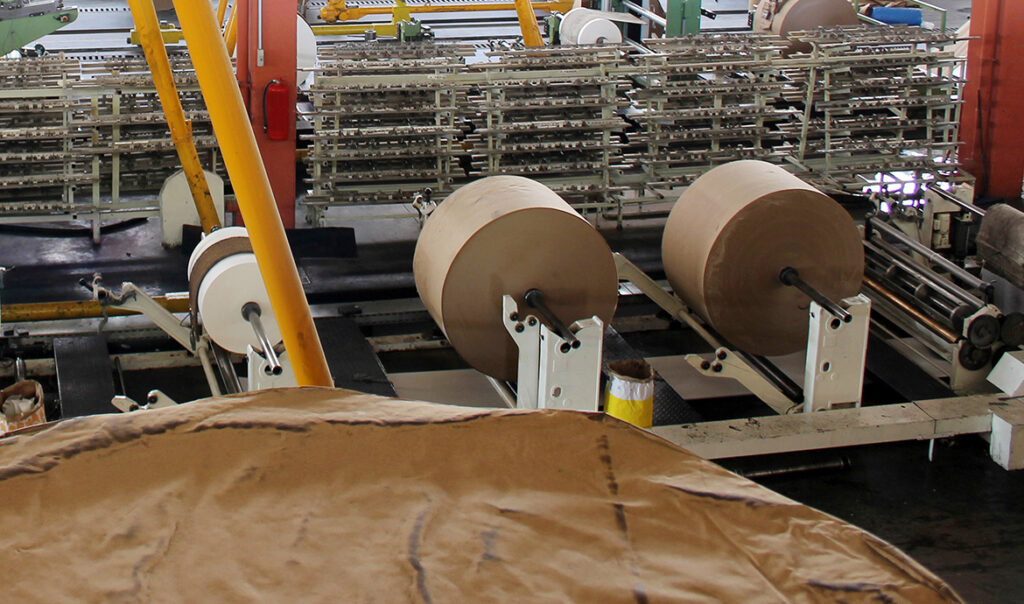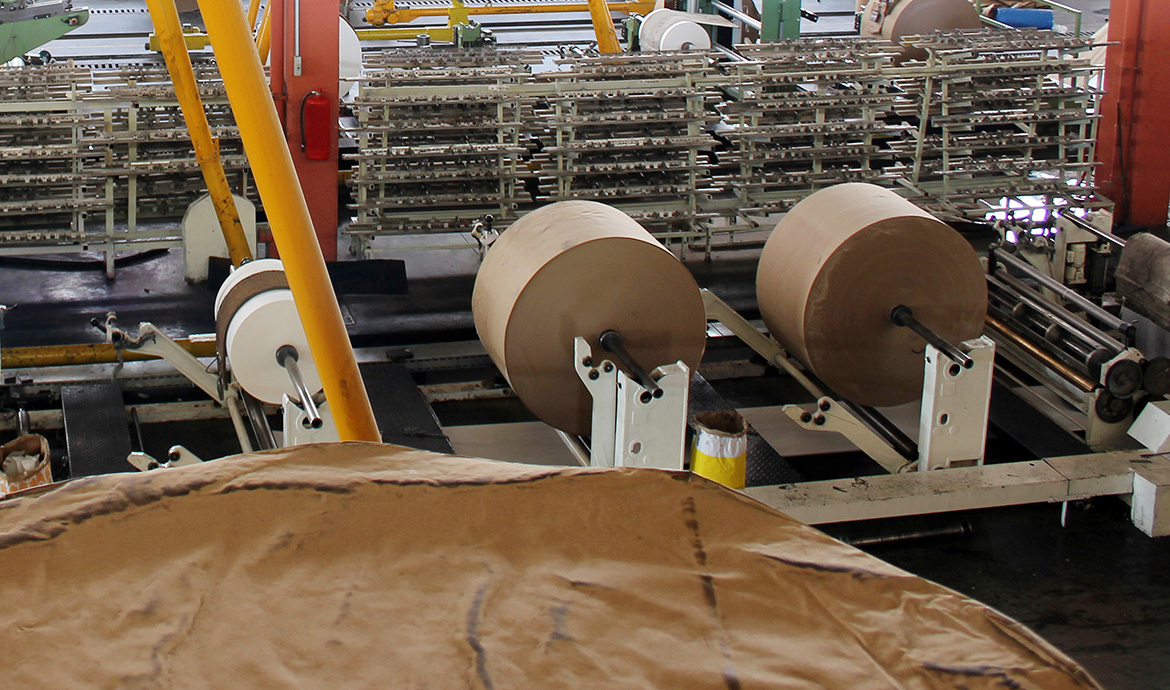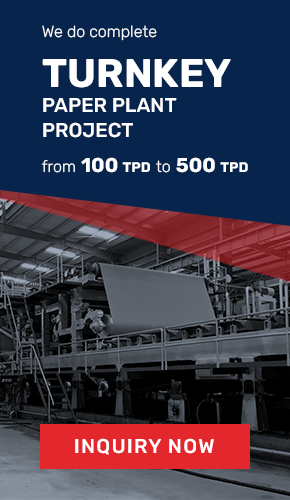
Pulp and paper mills, like any other industrial plant or factory, require regular preventative maintenance. Extreme heat and a great deal of dust are two of the most common hazards in pulp and paper mills. When properly maintained, machinery and equipment are less likely to break down due to the heat and dust that might accumulate over time. Incorrect or lack of maintenance is responsible for between 60 and 80 percent of Quality Control System breakdowns in pulp and paper mills. Preventative maintenance is always better than reactive repairs when it comes to industrial buildings.
Equipment failures that lead to production downtime and lost earnings can be minimised or avoided entirely with a well-established maintenance routine that incorporates the fundamentals of cleaning, lubrication, alignment, and correct operating & installation methods.
Here are some tips for sustaining preventative maintenance at pulp and paper factories:
1. Keep to a Prescribed Routine for Upkeep
Pulp and paper manufacturers need not accept expensive maintenance and replacement as the norm. Rather than incurring a hefty repair fee, you may appreciate the benefits of your apparatus by maintaining it according to the guidelines provided.
When it comes to maintenance, many producers prefer to react instead of prevent. Instead of waiting for equipment breakdown or failure, it is best to follow the suggested maintenance schedule. A breakdown can hurt profits even with a large safety net. There is also new technology available for use in the pulp and paper industry, such as asset software and sophisticated scanners for keeping track of service records and maintenance schedules.
2. Be Sure to Inspect Your Gear Often
Inspect your gear on a consistent basis. Regular checks for wear and tear may usually be handled by someone on staff; however, once or twice a year, you should have professionals inspect your machinery for a more thorough assessment. Their job is to check the machinery and seek any signs of malfunction.
You may prevent problems from escalating by taking a preventative approach to maintenance in your paper mill. There is less chance that these problems will snowball into a shutdown if they are discovered and addressed quickly.
3. Reduce Particulate Matter and Dust
In most paper and pulp factories, dust is not a scarce resource. Although it is produced as a byproduct, it is preferable to reduce its levels for the sake of your employees and the plant. Respiratory problems aren’t the only danger posed by dust and particles; they can also start fires. You should have a dust clean-up arsenal consisting of industrial vacuums, dust control, and dust exhaust devices. Particles and dirt can be avoided with an established and thorough cleaning routine.
4. Invest in Training That Works for Workers
Machinery and equipment breakdowns can also be attributed to human mistakes. Paper mills can lessen the chances of this by providing their workers with adequate training. The staff should be well-versed in the correct use of all machinery, tools, and other such implements. Training programs need to provide not only theoretical knowledge in the form of manuals, guides, and tests but also practical experience in the form of supervised practice with the machines themselves. Staff efficiency and output can also be improved by training on fundamental problem-solving ideas.
Training is essential not only at the beginning of an employee’s tenure but also whenever new hardware, software, or machinery is introduced. Both managerial employees and representatives from the companies who supplied the machinery, equipment, or technological item can conduct the training.
5. Look to the Experts for Maintenance Help in the Paper and Pulp Sector
Your machinery didn’t come cheap, therefore neither should its upkeep. While cutting costs wherever possible is important for manufacturers, maintenance is not the place to skimp. Long-term damage could occur if an unskilled operator made a mistake or made an inaccurate assumption while using your machinery. The machinery at your plant is sophisticated, and its upkeep calls for substantial training from industry experts like us!


